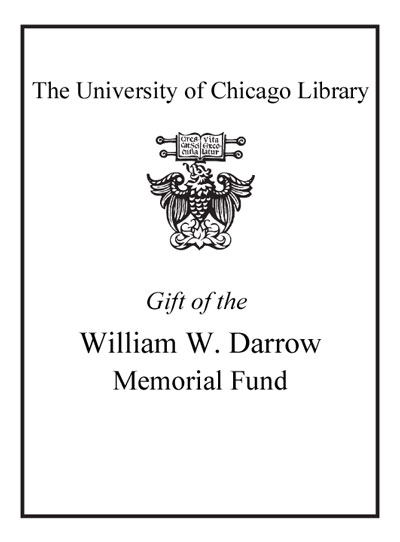Anticipating criminal behaviour : using the narrative in crime-related data /
Saved in:
| Author / Creator: | Kock, Peter A.M.G., author. |
|---|---|
| Imprint: | Oisterwijk, The Netherlands : Wolf Legal Publishers (WLP), [2014] |
| Description: | 340 pages : illustrations ; 24 cm |
| Language: | English |
| Subject: | |
| Format: | Print Book |
| URL for this record: | http://pi.lib.uchicago.edu/1001/cat/bib/10136145 |
| Summary: | In the first decade of this century, the focus of law-enforcement agencies has shifted from prosecuting crime to anticipating crime. This approach emphasizes the discovery of narratives in crime-related data. However, while narratives are at the mainstay of entertainment, law, and politics, a scientific method by which narratives can be created - and subsequently be used to anticipate criminal behavior - still has to be established. In the creative industry, a narrative is generated by a scenario. A scenario describes the interactions between the characters and includes information - about behavior, goals, motivations, modi operandi, and resistances - that have to be overcome. Furthermore, a creative scenario is composed by a limited number of scenario components. In this book, a new and innovative scenario model is designed by which narratives in data can be detected. It introduces the ESC12 - the twelve Elementary Scenario Components - by which every conceivable narrative can be created. Moreover, the book introduces the ESC12 scenario model, a model that may support law enforcement agencies to effectively anticipate criminal behavior. The book's author, Peter A.M.G. de Kock, graduated as a filmmaker from the Film Academy of the Amsterdam School of the Arts in 1994, and has traveled all over the world as a professional photographer, cameraman, and film-director. In 2009, after receiving a Master degree in Criminal Investigation, he introduced creative scenarios to anticipate (terrorist) attacks. The operational results of his team were thought provoking, and he was invited to demonstrate his method of operation to prominent members of Dutch Parliament and the Ministry of Security and Justice. He was then offered the opportunity to pursue the use of scenarios to anticipate crime, as an external Ph.D. student at Tilburg University. This book is the result of his study. [Subject: Criminology, Policing] |
|---|---|
| Physical Description: | 340 pages : illustrations ; 24 cm |
| Bibliography: | Includes bibliographical references. |
| ISBN: | 9789462401600 9462401608 |

